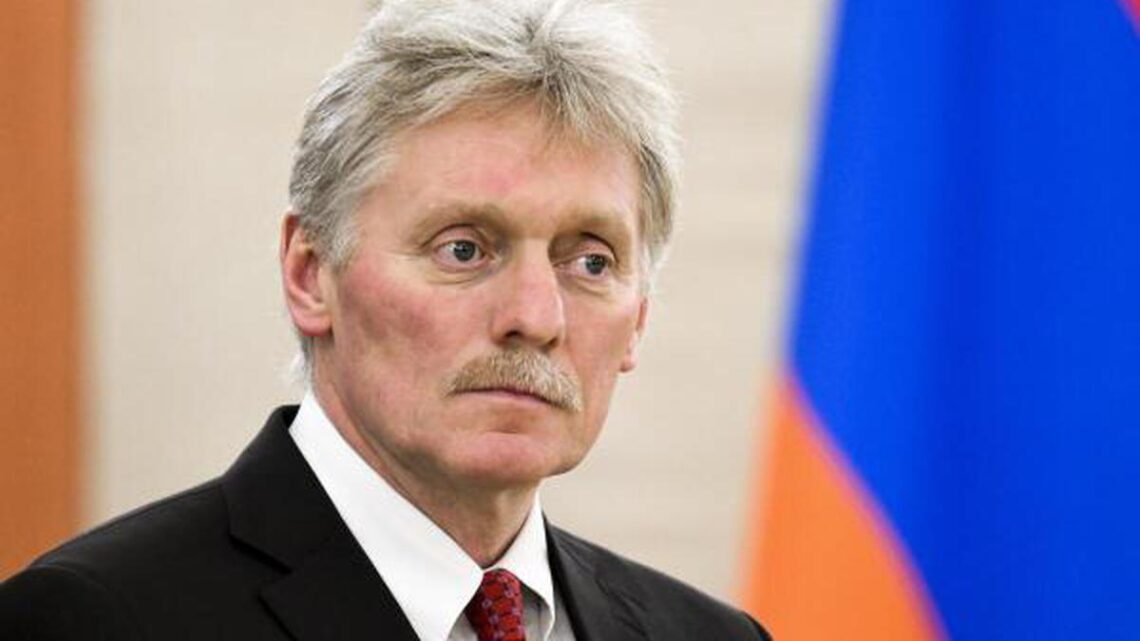[ad_1]

The Kremlin said that a blast which damaged a pipeline that used to transport ammonia fertiliser from Russia via Ukraine which Moscow wants restarted would have a negative impact on the Black Sea grain deal. | file photo
| Photo Credit: AP
The Kremlin said on Thursday that a blast which damaged a pipeline that used to transport ammonia fertiliser from Russia via Ukraine which Moscow wants restarted would have a negative impact on the Black Sea grain deal.
The Togliatti-Odesa pipeline, which once pumped up to 2.5 million tonnes of ammonia annually for global export to Ukraine’s Pivdennyi port on the Black Sea from Togliatti in western Russia, has lain idle since the start of the war.
Russia has accused Ukrainian forces of blowing up a part of the pipeline, the world’s longest carrying ammonia, in Ukraine’s Kharkiv region on Monday night. The regional Ukrainian governor said Russia was the one who had shelled the pipeline on Tuesday evening. Neither side provided evidence to back their allegations.
Asked by reporters about the impact the damaged pipeline would have on the fate of the Black Sea grain deal, which facilitates agricultural exports from Ukraine via the Black Sea, Kremlin spokesman Dmitry Peskov said: “It can only have a negative impact.”
“We don’t know what kind of destruction there is, we don’t know what the Ukrainian side is going to do next with this branch” of the pipeline, Mr. Peskov said. “You know that this topic figured as an integral part of the half of the deal that concerned us, so this is yet another complication in terms of extending the deal.”
Russian Industry and Trade minister Denis Manturov said earlier on Thursday that Moscow had no access to the damaged part of the pipeline and did not expect to be granted it, the Interfax news agency reported.
The Ukraine grain Black Sea export deal was brokered by the United Nations and Turkey in July last year to help alleviate a global food crisis worsened by conflict disrupting exports from two of the world’s leading grain suppliers.
To help persuade Russia to allow Ukraine to resume its Black Sea grain exports last year, a separate three-year agreement was also struck in July in which the United Nations agreed to help Russia with its food and fertiliser exports.
Russia says the two agreements are interconnected parts of one ‘package’ and so the failure to resume fertiliser exports is a major breach of the terms of the deal.
Russian Foreign Ministry spokeswoman Maria Zakharova said on Wednesday that it would take between one and three months to repair the damaged section of the pipeline.
[ad_2]












